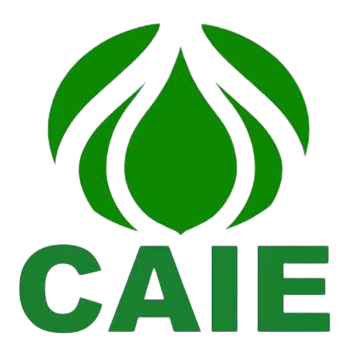Introduction: A Tiny Seed with Giant Potential
From the sun-drenched fields of China to snack bowls around the world, china sunflower seeds have captivated taste buds and fueled industries for centuries. Far more than just a casual snack, these unassuming kernels represent a multi-billion dollar global market, driven by their versatility, nutritional value, and undeniable appeal. This comprehensive guide delves into the fascinating world of China sunflower seeds, exploring their journey from cultivation to consumption, uncovering the secrets behind their diverse applications, and providing invaluable insights for businesses seeking to navigate this dynamic market.
What Are China Sunflower Seeds? Unveiling the Essence
China sunflower seeds, harvested from the iconic Helianthus annuus plant, are technically the fruits (achenes) of the sunflower. Encased within a hard, protective shell, these seeds are prized for their tender, oil-rich kernels that deliver a satisfying crunch and a subtly nutty flavor.
China, with its vast agricultural prowess and ideal growing conditions, reigns supreme as the world’s leading producer and exporter of china sunflower seeds. This dominance translates into a vast and diverse market, offering a spectrum of seed varieties, processing methods, and applications to meet the specific needs of global buyers.
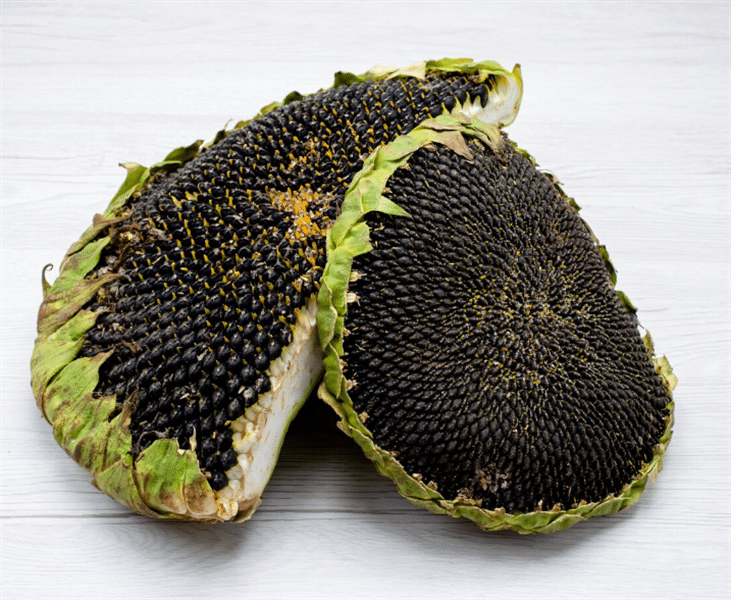
From Field to Factory: The Journey of China Sunflower Seeds
Cultivation and Harvesting: Nurturing Nature’s Bounty
The journey of China sunflower seeds begins in the country’s fertile plains, where vast fields transform into a sea of golden blooms each summer. Sowing typically occurs between April and May, with the seeds taking root in well-drained soil and basking in the warmth of long summer days.
As the sunflowers reach their peak height, their iconic heads, following the sun’s arc across the sky, mature and begin to droop, signaling harvest time. This typically occurs around September and October, with mechanical harvesters efficiently collecting the seed heads, ready for the next stage of their transformation.
Processing and Packaging: From Seed to Shelf, Ensuring Quality
Once harvested, sunflower seed heads undergo a series of processes to extract, clean, and prepare the seeds for market:
- Threshing: The seed heads are threshed to separate the seeds from the rest of the head.
- Cleaning: The threshed seeds are cleaned to remove debris, such as stems, leaves, and other foreign materials.
- Drying: The cleaned seeds are dried to reduce their moisture content, preventing spoilage and ensuring optimal shelf life.
- Dehulling (Optional): Some china sunflower seeds are dehulled, removing the hard outer shell to reveal the ready-to-eat kernel within.
- Roasting (Optional): Roasting enhances the natural nutty flavor of sunflower seeds and creates a delightful crunch. Roasting methods vary, resulting in a spectrum of flavors, from lightly toasted to deeply caramelized.
- Seasoning (Optional): To cater to diverse palates, china sunflower seeds are often seasoned with salt, spices, or other flavorings.
- Packaging: Finally, the processed seeds are packaged in various formats, from bulk bags to consumer-ready pouches, using materials that preserve freshness and prevent damage during transport.
Decoding the Diversity: A Closer Look at China Sunflower Seed Varieties
China’s sunflower seed market is a testament to the remarkable diversity within this single species. Here’s a glimpse into some of the most popular varieties:
Product Information Table: China Sunflower Seeds
| Variety | Description | Key Features | Typical Uses |
|---|---|---|---|
| Confectionery Sunflower Seeds | Large, plump seeds with thin, easily cracked shells. | Mild, subtly sweet flavor; high kernel-to-shell ratio; visually appealing. | Ideal for snacking; often roasted and salted or flavored; used in trail mixes, granola bars, and confectionery. |
| Oilseed Sunflower Seeds | Smaller seeds with thicker, harder shells; higher oil content than confectionery varieties. | Richer, more intense flavor; prized for their oil extraction potential. | Primarily used for extracting sunflower oil, a versatile cooking oil and ingredient in various food products. |
| Black Sunflower Seeds | Characterized by their distinctive black shells; often smaller than confectionery varieties. | Earthy, slightly bitter flavor; high in antioxidants. | Popular as a snack food, particularly in Eastern European and Asian cultures; often roasted and seasoned with savory flavors. |
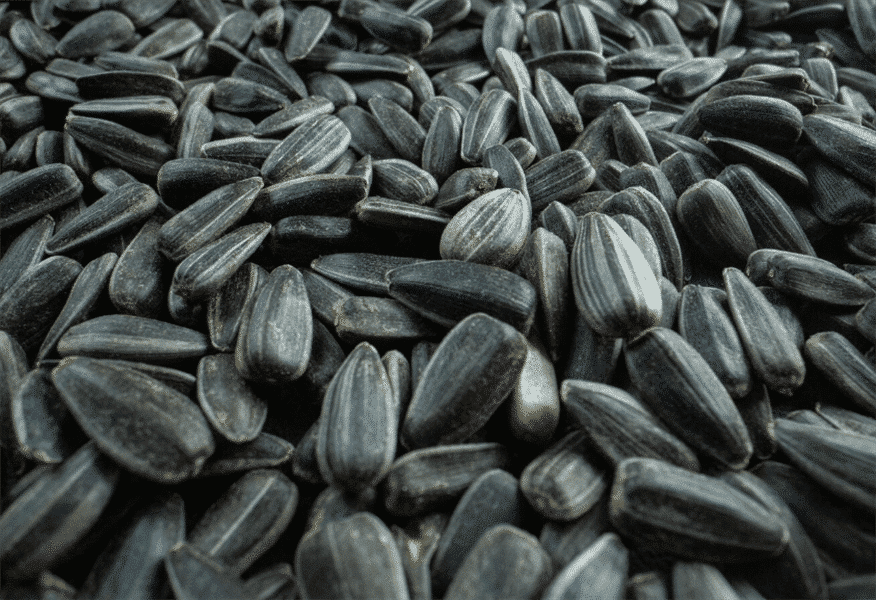
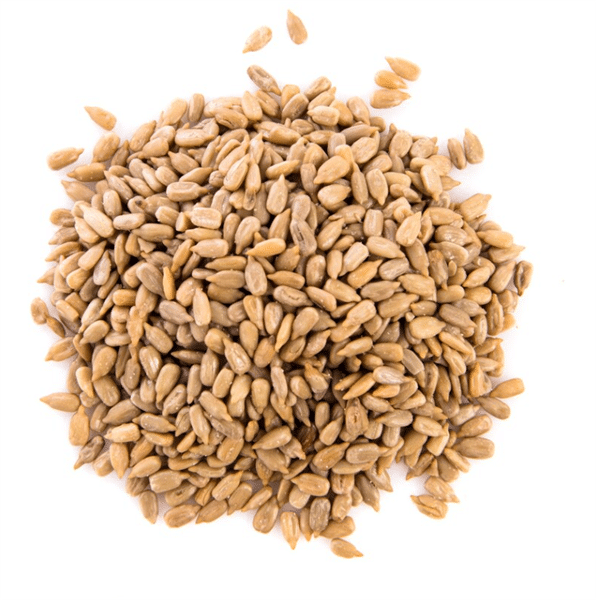
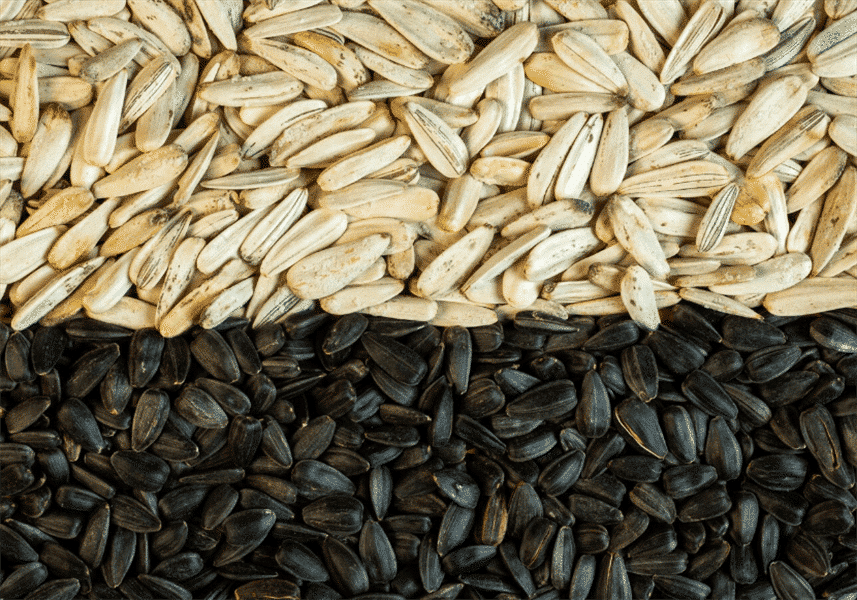
A World of Applications: Unveiling the Versatility of China Sunflower Seeds
The applications of China sunflower seeds extend far beyond the snack bowl, impacting various industries:
Culinary Uses:
- Snack Foods: Roasted, salted, and flavored china sunflower seeds are a globally beloved snack food, enjoyed on their own, as part of trail mixes, or incorporated into other snacks.
- Baking and Confectionery: Sunflower seeds add texture, flavor, and nutritional value to breads, cookies, cakes, granola bars, and other baked goods.
- Seed Butters: Ground sunflower seeds create a creamy, nutritious butter, similar in texture and flavor to peanut butter or almond butter, used as a spread, in dips, or as a base for sauces.
- Toppings: Sunflower seeds add a delightful crunch and nutty flavor to salads, soups, yogurt parfaits, and other dishes.
Industrial Applications:
- Sunflower Oil: Extracted from oilseed sunflower varieties, sunflower oil is a versatile cooking oil prized for its neutral flavor, high smoke point, and heart-healthy properties. It’s also a key ingredient in margarine, mayonnaise, and other processed foods.
- Animal Feed: The protein and nutrient-rich byproducts of sunflower seed processing, such as sunflower meal and hulls, are valuable components of animal feed, particularly for poultry and livestock.
- Biofuel: Sunflower oil can be used as a biodiesel fuel, offering a renewable alternative to traditional petroleum-based fuels.
Choosing the Right Partner: Navigating the China Sunflower Seed Market
Selecting the right supplier is crucial for success in the competitive sunflower seed market. Here’s a comparison of CAIE with other prominent suppliers:
Supplier Comparison Table: China Sunflower Seeds
| Supplier | Location | Price Range (USD/Metric Ton – as of November 2023) | Specialties |
|---|---|---|---|
| China Agricultural Imp & Exp Co., Ltd. (CAIE) | Shandong, China | $1,100 – $1,600 | Premium quality China sunflower seeds; customized solutions to meet specific needs; reliable supply chain and exceptional customer support; focus on sustainable sourcing and ethical business practices. |
| Yihai Kerry Group | Shanghai, China | $1,200 – $1,800 | One of the largest agricultural processors in China; offers a wide range of sunflower seed products, including oil, meal, and kernels; known for competitive pricing and large-scale production capabilities. |
| Fulinmen Group | Inner Mongolia, China | $1,400 – $2,000 | Leading producer and exporter of sunflower seeds and kernels; specializes in confectionery varieties; known for high-quality products and strong export network. |
Note: Prices are approximate and subject to market fluctuations, order volume, product specifications, and other factors.
Weighing the Benefits and Challenges: A Balanced Perspective
Advantages and Limitations of China Sunflower Seeds
| Advantages | Limitations |
|---|---|
| High Nutritional Value: Rich in heart-healthy fats, protein, fiber, vitamin E, selenium, and other essential nutrients, promoting overall well-being. | Allergen Potential: Sunflower seeds are a common allergen, requiring careful handling and labeling to prevent cross-contamination. |
| Versatile Applications: Suitable for a wide range of culinary and industrial uses, from snack foods to cooking oil and biofuel production. | Price Volatility: Like all agricultural commodities, sunflower seed prices are subject to fluctuations based on weather patterns, global supply and demand, and geopolitical factors. |
| Sustainable Crop: Sunflowers are relatively drought-tolerant and require less water than some other crops, making them a more sustainable choice in some regions. | Storage Requirements: Proper storage is crucial to maintain the quality and freshness of sunflower seeds, as they are susceptible to rancidity if exposed to heat, light, or moisture. |
| Globally Sourced: China’s dominant position as the world’s leading sunflower seed producer ensures a consistent and reliable supply to meet global demand. |
Beyond the Basics: Intriguing Facts About China Sunflower Seeds
- Ancient Origins: Sunflower cultivation dates back over 4,000 years to North America, where indigenous communities revered the plant for its nutritional and spiritual significance.
- Following the Sun: The sunflower’s remarkable ability to track the sun’s movement throughout the day, known as heliotropism, optimizes photosynthesis and maximizes growth.
- More Than Just Seeds: Every part of the sunflower plant has a use. The stalks can be used as building materials, the leaves as animal fodder, and the petals are used to produce natural dyes.
Why Choose CAIE for Your China Sunflower Seed Needs?
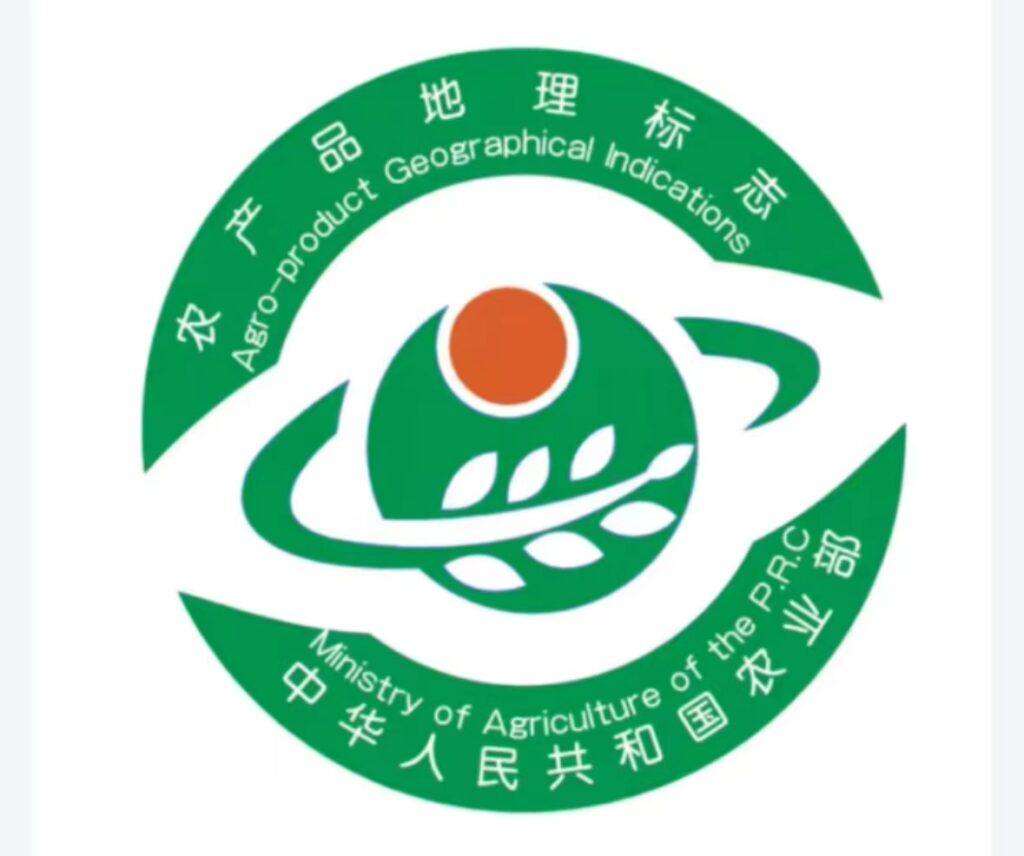

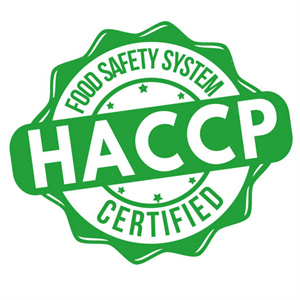
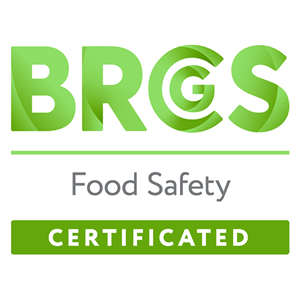
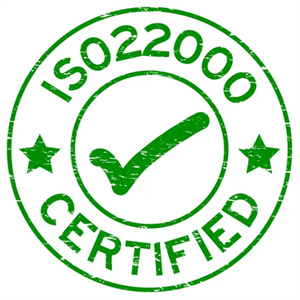
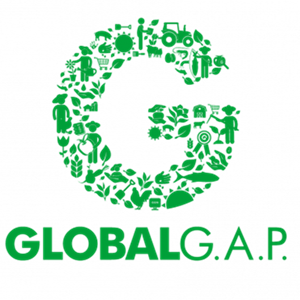
- Unwavering Commitment to Quality: We source our sunflower seeds from trusted farms in China that adhere to stringent quality and safety standards. Our rigorous quality control measures ensure that only the finest seeds reach your facility.
- Tailored Solutions for Your Success: We understand that every business has unique needs. We offer a wide range of sunflower seed varieties, processing options, packaging solutions, and customized services to meet your specific requirements.
- Reliable Supply Chain, Uninterrupted Operations: Our well-established supply chain and strong logistics network ensure a consistent and timely supply of sunflower seeds, allowing you to meet your production demands without interruption.
- Competitive Pricing, Exceptional Value: We leverage our strong relationships with growers and our efficient operations to offer competitive pricing without compromising on the quality of our products.
- Dedicated Support, Every Step of the Way: Our team of experts is committed to providing exceptional customer service, guiding you through every step of the sourcing process, from initial inquiry to final delivery.
We believe in building lasting partnerships based on trust, transparency, and mutual success. Contact CAIE today to discuss your sunflower seed needs and discover how we can help your business thrive.Our sunflower seed products are available in Bulk Sunflower Seed.
Frequently Asked Questions: Addressing Your Key Concerns
Q1: What is CAIE’s minimum order quantity (MOQ) for China sunflower seeds?
A1: Our MOQ varies depending on the specific product, packaging requirements, and destination. We strive to accommodate the needs of both small and large businesses. Contact our sales team to discuss your specific order requirements.
Q2: Does CAIE offer organic or non-GMO certified China sunflower seeds?
A2: Yes, we understand the growing demand for certified products. We offer a range of organic and non-GMO certified sunflower seeds to meet the requirements of specific markets. Please inquire about availability and certifications for the products you are interested in.
Q3: What is CAIE’s typical lead time for bulk sunflower seed orders?
A3: Our lead times vary depending on order volume, product specifications, and destination. Typically, lead times range from 2 to 4 weeks from order confirmation to port arrival. We provide accurate lead time estimates upon receiving your detailed order request.
Q4: How does CAIE ensure the freshness and quality of your sunflower seeds during transport?
A4: We take great care in packaging our sunflower seeds to preserve their freshness and prevent damage during transit. We use high-quality packaging materials that provide a barrier against moisture, light, and oxygen, the primary factors that can degrade seed quality. Our logistics team also optimizes shipping routes and conditions to ensure the seeds arrive at their destination in optimal condition.
Q5: Does CAIE offer any price risk management tools or strategies for larger volume contracts?
A5: Yes, we understand that price volatility can be a concern for businesses, especially with larger volume contracts. We are open to discussing various price risk management strategies, such as forward contracting or price hedging mechanisms, to provide greater price certainty and mitigate potential risks. Contact our team to explore the options that best suit your needs.
